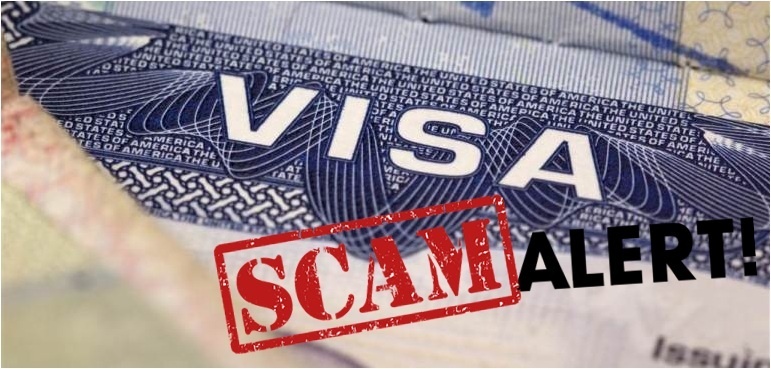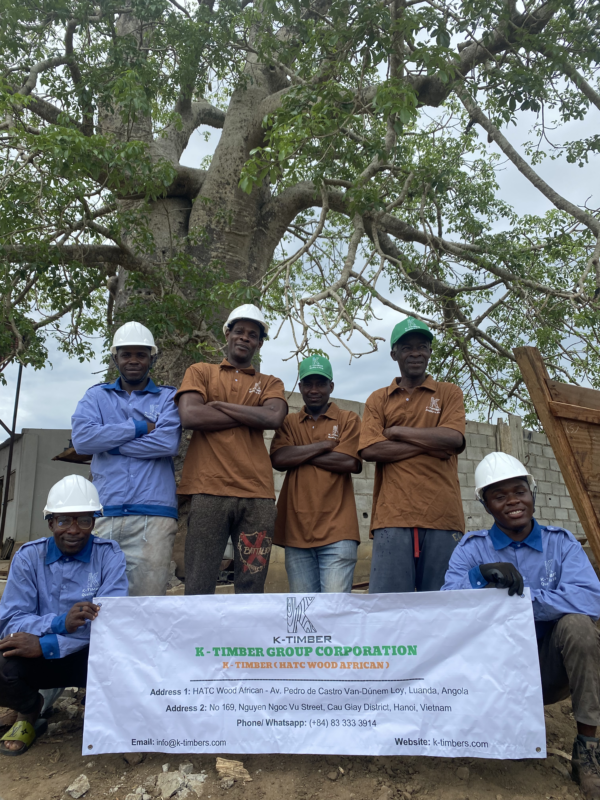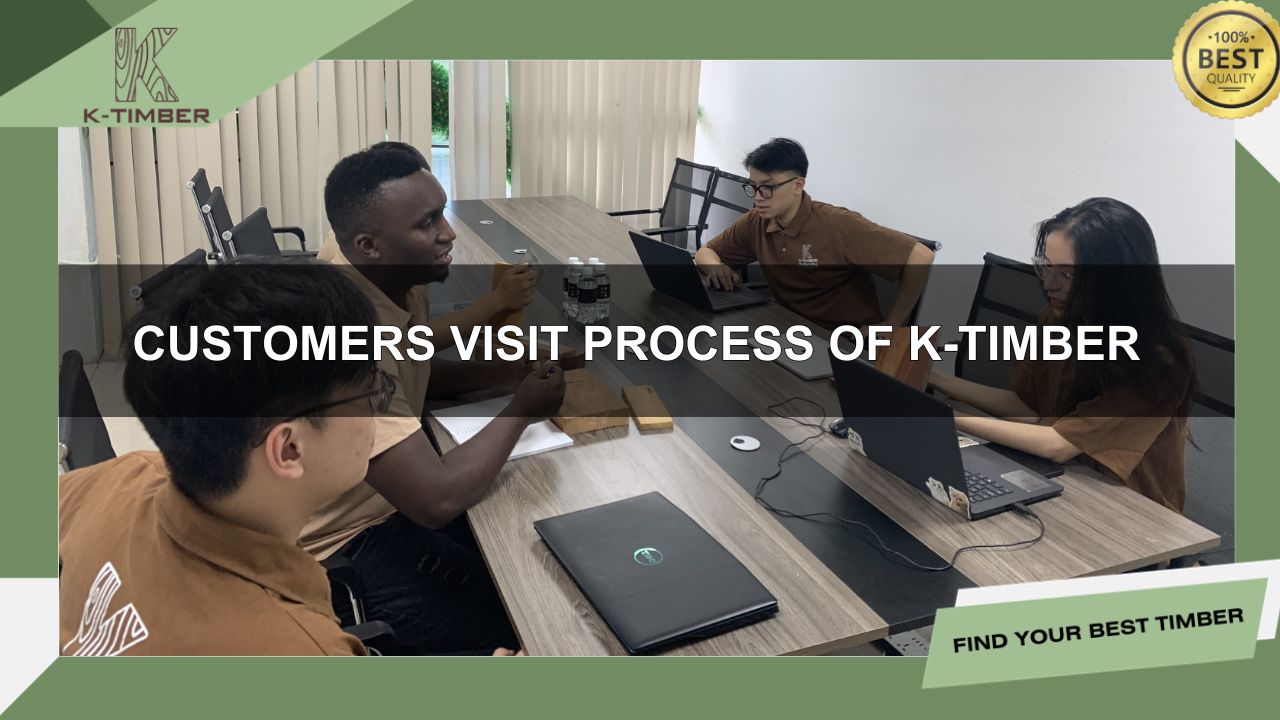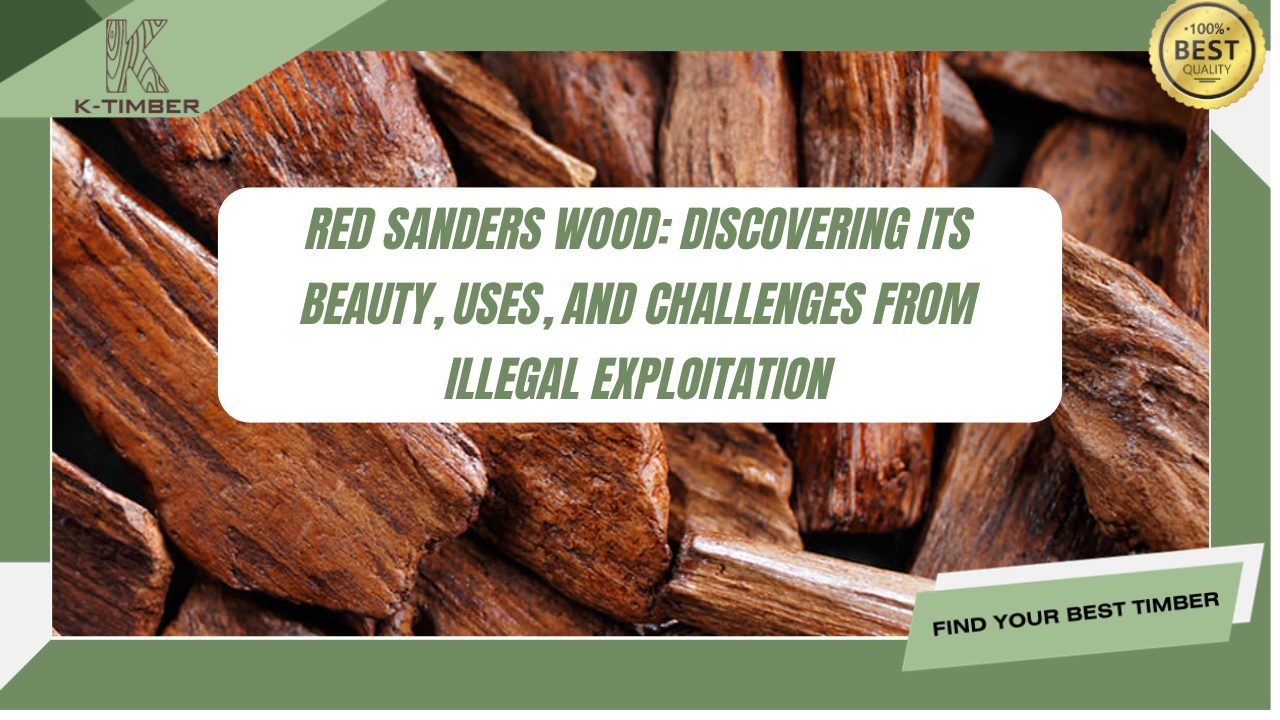The African timber market, especially in international trade, offers significant business opportunities but also carries various risks. Unfortunately, the complexity of global timber transactions makes them a target for scammers, especially when it comes to documentation processes. Two common forms of fraud in this sector are Visa fraud and LC (Letter of Credit) fraud, both of which can result in serious financial losses for businesses.
Table of Contents
Visa Fraud: A Trap for Unwary Buyers
Visa fraud often targets timber buyers and traders who are in need of visiting suppliers, particularly in countries where timber is sourced. Scammers, being brokers or representatives, will convince buyers that they need a special visa to enter the country and sign the contract. These fraudsters direct buyers to “trusted” agencies or intermediaries, promising swift visa processing in exchange for a fee.
After receiving the payment, these agencies either provide fake visas or disappear altogether, leaving the buyer without the necessary documentation and no way to travel for business. In some cases, buyers may only discover the visa is fake upon arrival at the airport, leading to wasted time, additional costs, and delayed business deals.
The impacts of visa fraud go beyond just financial loss. It also lowers trust in the global timber trade, making buyers more afraid to proceed with future deals, especially in regions known for such fraudulent practices.

LC Method Fraud: Exploiting Payment and Loan Systems
The Letter of Credit (LC) is a mostly used payment method in international trade which is designed to provide security for both buyers and sellers. Under this system, a bank guarantees the seller’s payment as long as specific shipping and documentation conditions are met. However, scammers have found ways to manipulate this system which seems to be secured.
In LC method fraud, the seller might submit false shipping documents to the bank. These documents appear to show that the timber has been shipped as agreed. However, in reality, either no shipment has taken place, or the timber is of substandard quality. Since banks ,by rule, release payment based on the documentation provided, scammers can get paid without delivering the goods as promised.

Using LC Documents to Secure Loans: A New Fraud Scheme
A more complex type of LC fraud happens when scammers use real LC documents to get loans from banks. After the buyer issues the LC, the fake seller uses it as collateral to borrow money from their bank. Since the LC guarantees future payment, the bank sees it as a low-risk transaction. The scammer receives the loan and, in many cases, disappears without fulfilling the terms of the LC.
This creates a double loss: the buyer is left without the timber, and the bank is stuck with unpaid loans. The complexity of these scams can make it difficult for buyers to trace their funds or recover losses, while banks are forced to suffer financial losses.
In some extreme cases, scammers create fake Letters of Credit (LCs) to get loans. They use fake documents that look real to trick banks into giving them money. By the time the scam is discovered, the scammer has already vanished, leaving both the buyer and the bank to handle the problems.
How to protect yourself from scams
International timber buyers need to take proactive steps to protect themselves from these scams. Here are a few key strategies:
- Conduct Thorough Research: Before signing with any supplier, conduct extensive background checks. Verify the company’s history, reputation, and references to ensure they are legitimate.
- Use Licensed Visa Agencies: When traveling for business, only use reputable and licensed agencies to process your visa. Avoid agencies or brokers that claim they are the only option, especially if they ask for unusually high fees.
- Work with Reputable Banks: Choose banks with a clear track record in handling international trade, the best is to deal with a bank which is among 100 best banks in the world. Ensure that both the buyer’s and seller’s banks have strict verification processes to prevent fraudulent documents from being accepted.
- Request Independent Inspections: Use a third-party service to inspect and verify the timber before releasing money. This can help ensure that what you’re paying for matches the documentation.
- Stay Cautious of Unexpected Offers: Scammers often entice buyers with deals that seem too good to be true. Be wary of unsolicited offers, especially if they involve unverified intermediaries or unusual terms.

Find more: 5 Ways to Avoid Being Scammed When Buying Wood from Africa
Conclusion
The timber industry can be very profitable, but it also comes with risks. Scams like visa fraud and LC fraud continue to cause problems for international buyers, putting their money and businesses at risk. From fake documents to the misuse of LC agreements to get loans, these scams can have serious consequences.
To protect themselves, buyers need to carefully check who they are working with, only deal with trusted banks, and use third-party inspections. By taking these steps, they can avoid fraud and make sure their timber deals go smoothly.
In an industry where trust is everything, fighting fraud is not just a personal responsibility but also important for keeping the global timber trade honest. For a reliable partner you can trust, consider working with K-Timber, a supplier known for honesty and quality in the international market.

Buy Quality, Affordable Iroko Wood at K-TIMBER
Are you looking for a reputable supplier of Iroko wood, offering quality at a reasonable price? K-TIMBER is the perfect choice for you. With over 20 years of experience in the timber export industry and successful exports to over 30 countries worldwide, we have established ourselves as a leading provider of quality Iroko wood.
Should you buy Iroko wood at K-TIMBER?
- Top-Quality Wood: K-TIMBER is committed to providing Iroko wood, and other African hardwoods, to the FAS (First and Seconds) grade standard, ensuring up to a 90% yield of high-quality, defect-free wood—free from warping, cracking, heartwood issues, sapwood, and pests, thus guaranteeing a durable and high-quality wood supply for our customers.
- Sustainable Origin: Building a close relationship with the Angolan government, K-TIMBER guarantees a supply of quality wood, sustainably sourced from tropical forests and fully certified by the FSC (Forest Stewardship Council).
- Competitive Pricing: Along with quality, K-TIMBER is confident in offering our customers Iroko wood at prices 20% lower than the market rate. We supply up to 20,000 cubic meters of wood each month.
- Customer Service: The quality of our customer service is also a key factor in the success of K-TIMBER. Our team is always ready to assist and answer any questions from customers 24/7, despite the different time zones in each country.










